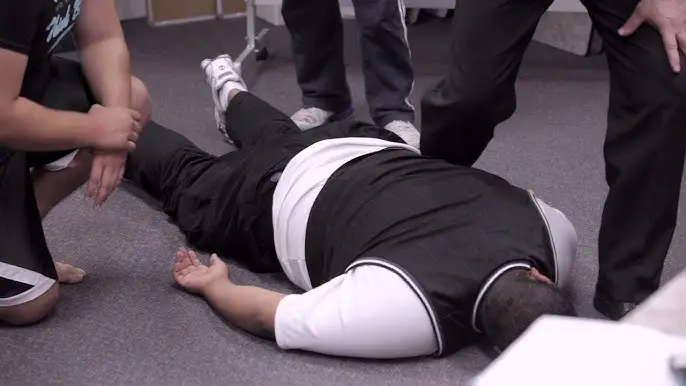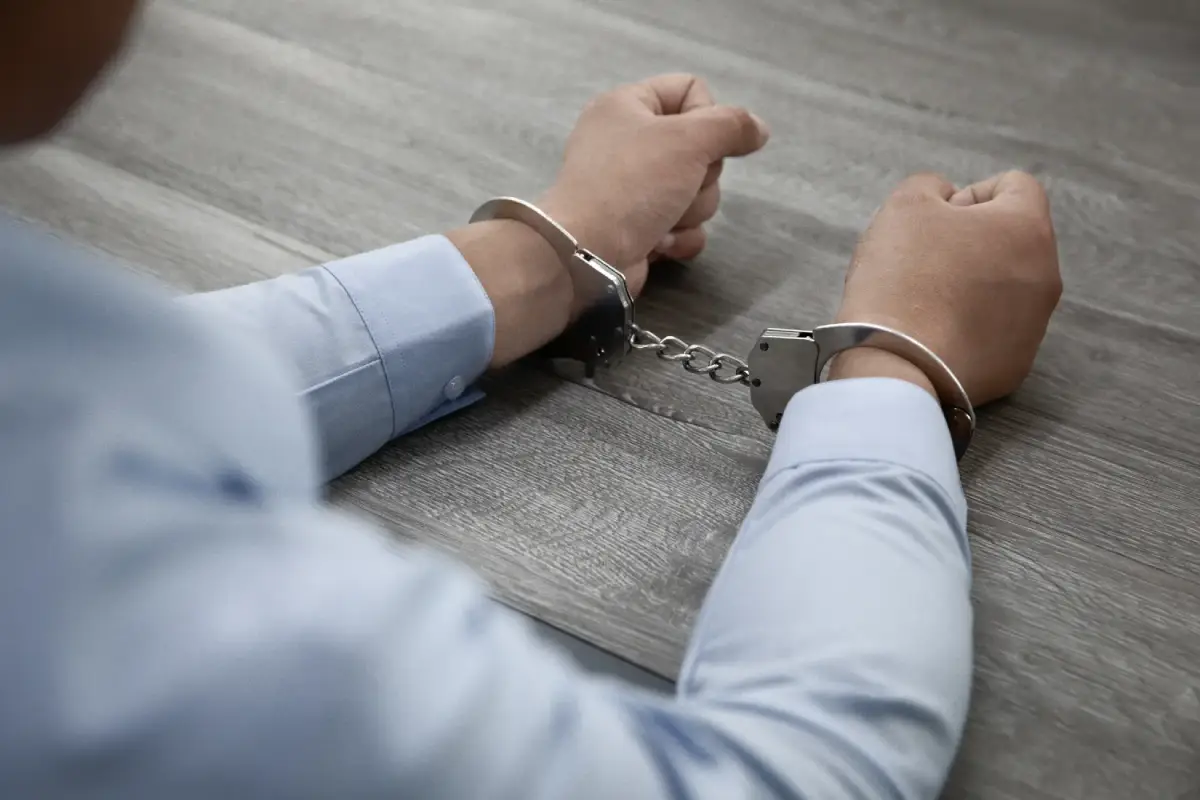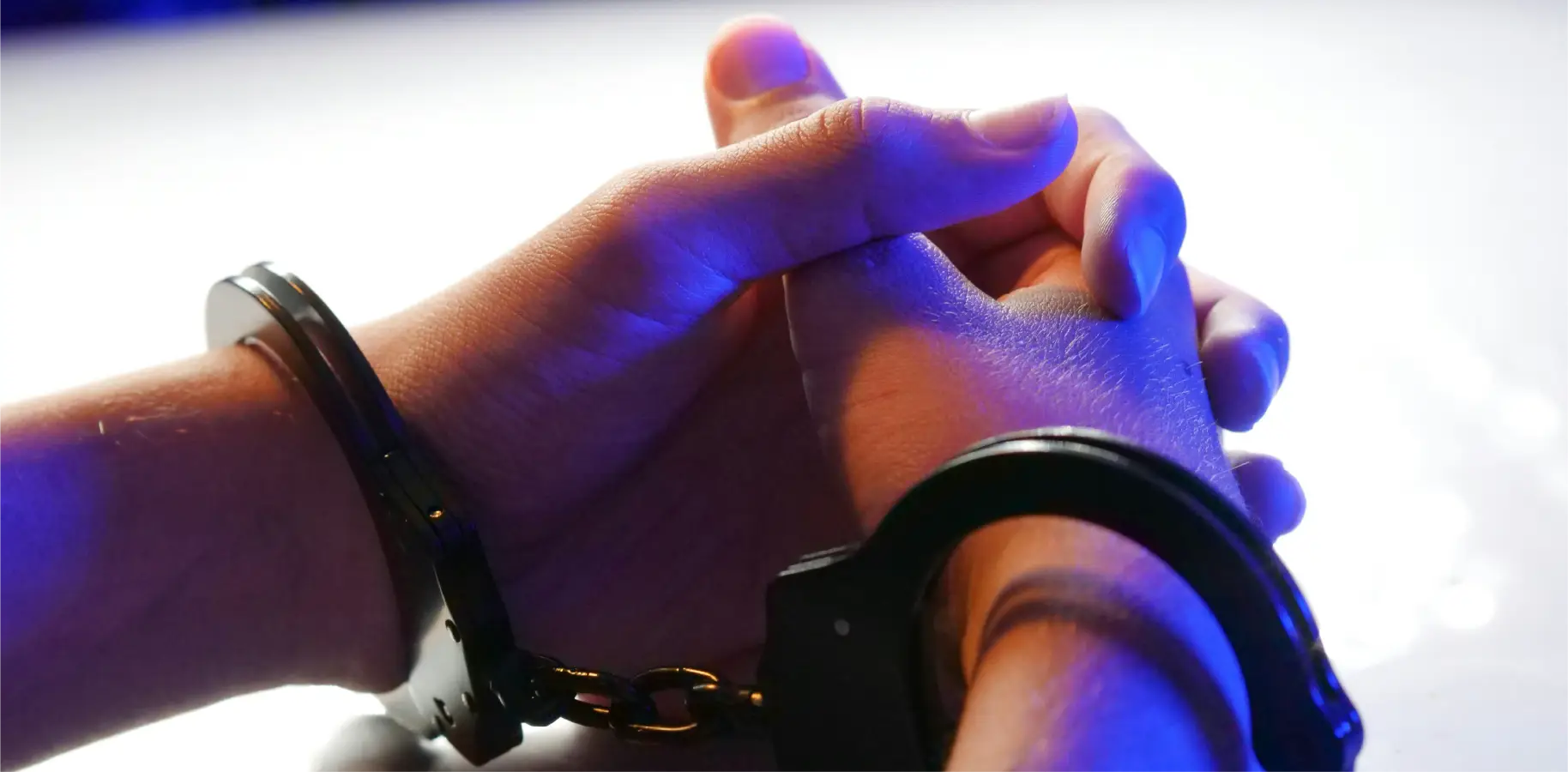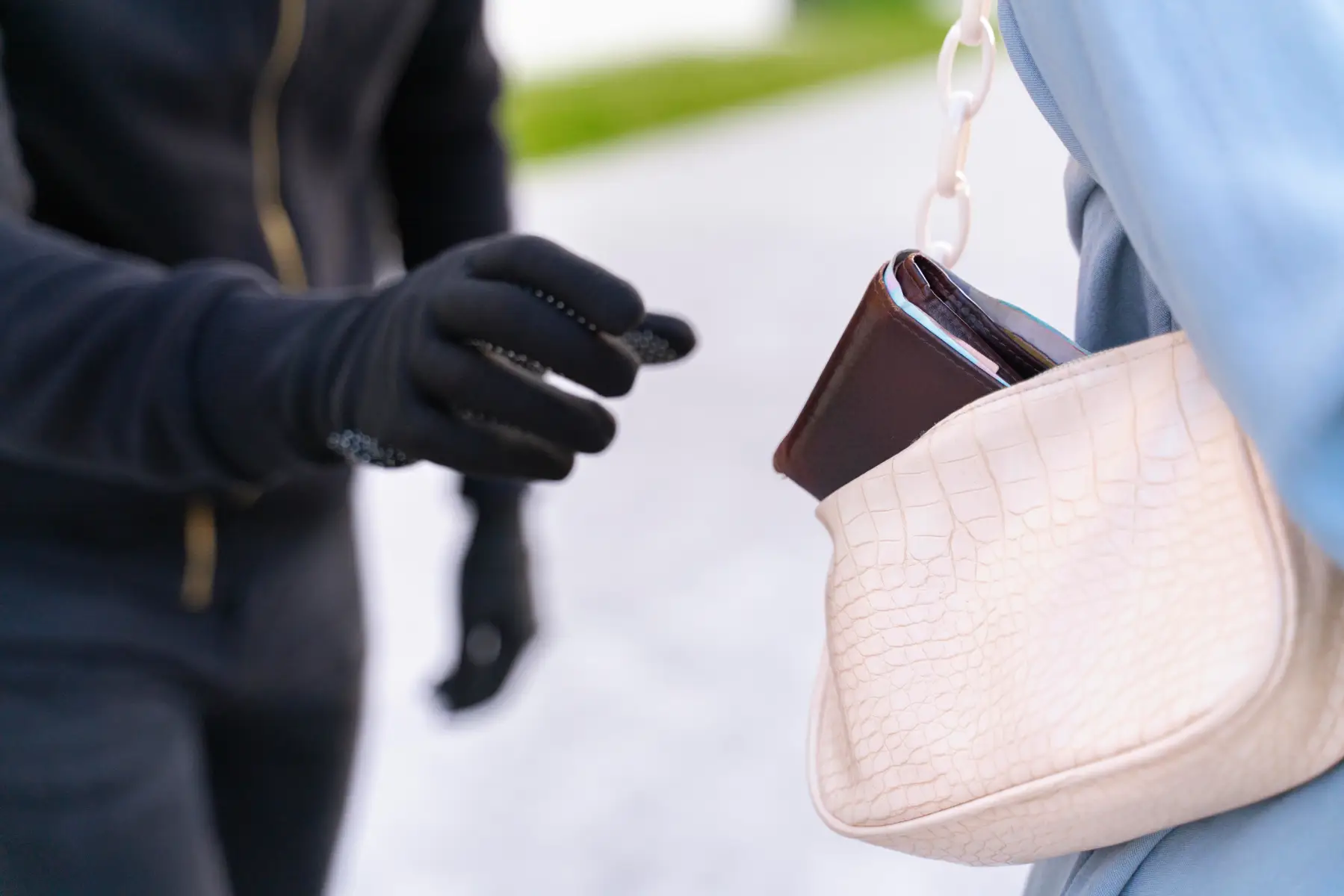
Positional Asphyxiation in Security
By London Security College Is Your Licence Near to Expire? SIA Refresher Training + First
Join us in a SIA Top Up Training to renew your licence
If you’ve received a police caution, you may be concerned about how it could affect your future job prospects, particularly if you’re applying for positions that require a Disclosure and Barring Service (DBS) check. Understanding how police cautions are treated in the context of a DBS check is crucial, as it can influence your ability to secure specific roles, especially in education, healthcare, or positions involving vulnerable individuals.
In this guide, we’ll break down what a police caution is, how it appears on different types of DBS checks, how long it stays on your record, and what you can do if you believe it’s incorrectly listed on your DBS certificate.
A police caution is a formal warning the police give for minor offences when the individual admits to the crime. It is not a criminal conviction, but it does form part of your criminal record.
There are two types of police cautions:
For more details, the UK government clarifies the difference between these cautions on their official site.
Whether a police caution shows up on a DBS check depends on the type of DBS check being conducted and the time elapsed since the caution was issued.
A Basic DBS check shows only unspent convictions and unspent cautions. Cautions typically become “spent” after a certain period under the Rehabilitation of Offenders Act 1974.
You can refer to the Rehabilitation of Offenders Act 1974 for more information.
Standard DBS check details spent and unspent convictions, cautions, reprimands, and warnings. Cautions will appear on this type of DBS check for a certain period.
However, these cautions are not removed from police records—they don’t show on the DBS check. For more details on filtering, you can check the official DBS filtering guide.
An Enhanced DBS check is more comprehensive and shows all the information included in a Standard check and any additional information police consider relevant to the role you are applying for. This can consist of spent and unspent cautions and even cautions that have been filtered if the police deem them appropriate.
For roles in sectors like education or healthcare, older cautions could still appear if they are considered necessary to disclose. The Enhanced DBS check allows for discretion in this regard.
You can find more about Enhanced checks and how they differ from Standard checks on the DBS official page.
Police cautions stay on your criminal record indefinitely but will not always appear on your DBS check.
However, even after being filtered, the caution may still exist on police records and can be disclosed in certain circumstances.
For further reading, you can check the Rehabilitation of Offenders Act 1974, which outlines how and when cautions and convictions are considered “spent.”
If you feel a police caution appears incorrectly on your DBS check, you have the right to challenge the result. For example, if caution is shown after the time it should have been filtered, or if you believe the information is inaccurate, you can dispute this directly with the DBS.
To raise a dispute, follow the official process outlined in the DBS dispute guide. Before filing a dispute, always check the timeline for when cautions should be filtered.
Police cautions can appear on DBS checks depending on the type and how long it has been since the caution was issued. Essential DBS checks only show unspent cautions, while Standard and Enhanced checks may display both spent and unspent cautions unless filtered after a certain period.
It’s essential to understand your rights and how a police caution can impact your DBS record, especially if you’re applying for a job that requires background checks. If you’re unsure or feel the caution appears incorrectly, consider seeking legal advice or using the official dispute process.
Understanding how the DBS system works can help you confidently move forward, knowing how your record may be impacted.
For more information on DBS checks and police cautions, visit the DBS official website.

By London Security College Is Your Licence Near to Expire? SIA Refresher Training + First

By London Security College Is Your Licence Near to Expire? SIA Refresher Training + First

By London Security College Is Your Licence Near to Expire? SIA Refresher Training + First

By London Security College Is Your Licence Near to Expire? SIA Refresher Training + First
London| Birmingham| Manchester | Leeds | Glasgow | Sheffield
London Security College is the leading supplier of SIA Licence courses in London. We excel in SIA Courses such as SIA Door Supervisor Course, SIA Top Up Training, SIA CCTV Surveillance Course, First Aid Courses, Traffic Marshal Banksman Course Online, and Forklift Training Course.
“It is impossible for a man to learn what he thinks he already knows”
London Security College
International House,
24 Holborn Viaduct,
London, EC1A 2BN
020 8050 4108
info@londonsecuritycollege.co.uk
Copyright © LONDON SECURITY COLLEGE is a training and hiring platform

Fill in the form below
Fill in the form below